--------- Step-by-Step to a Green Card: How to Secure Your Place in the U.S.
Jul 15, 2024
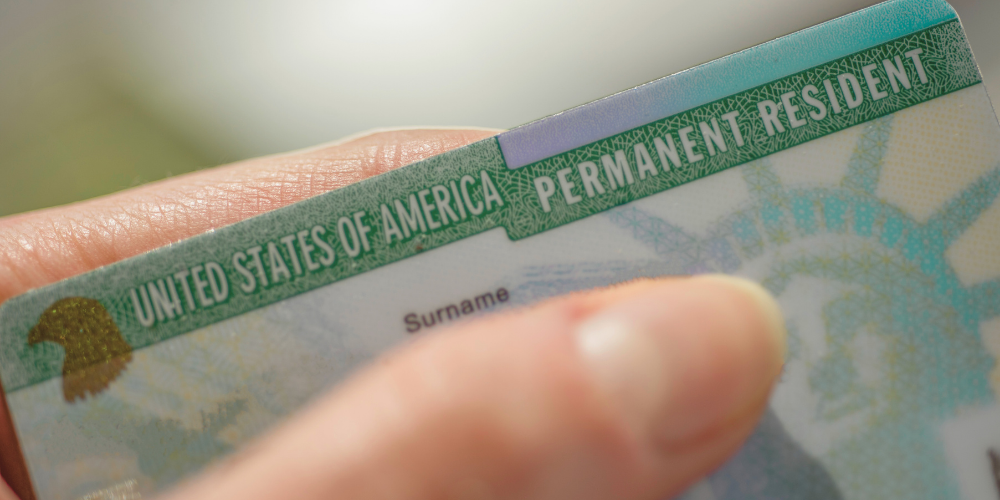
Obtaining a green card is a significant milestone for anyone looking to live and work permanently in the United States. A green card grants you the status of a lawful permanent resident, offering numerous benefits and opportunities. This comprehensive guide will walk you through the essential steps and requirements for getting a green card, ensuring you're well-informed and prepared for the process.
Understanding the Green Card
A green card, officially known as a Permanent Resident Card, allows you to live and work in the U.S. permanently. It provides several rights, such as the ability to apply for jobs, receive social benefits, and eventually apply for U.S. citizenship. Green cards are categorized into family-based, employment-based, and special immigrant categories, each with specific eligibility criteria and application process.
Who is Entitled to a Green Card?
Various groups are eligible for a green card, including:
- Family members of U.S. citizens and lawful permanent residents: This includes spouses, children, parents, and sometimes siblings of U.S. citizens, as well as spouses and unmarried children of permanent residents.
- Employees with job offers from U.S. employers: This covers several categories, from workers with extraordinary abilities to skilled workers and professionals.
- Winners of the Diversity Visa Lottery: A program designed to promote immigration from countries with historically low rates of immigration to the U.S.
- Special immigrants: Including refugees, asylees, certain international students, and other specific groups.
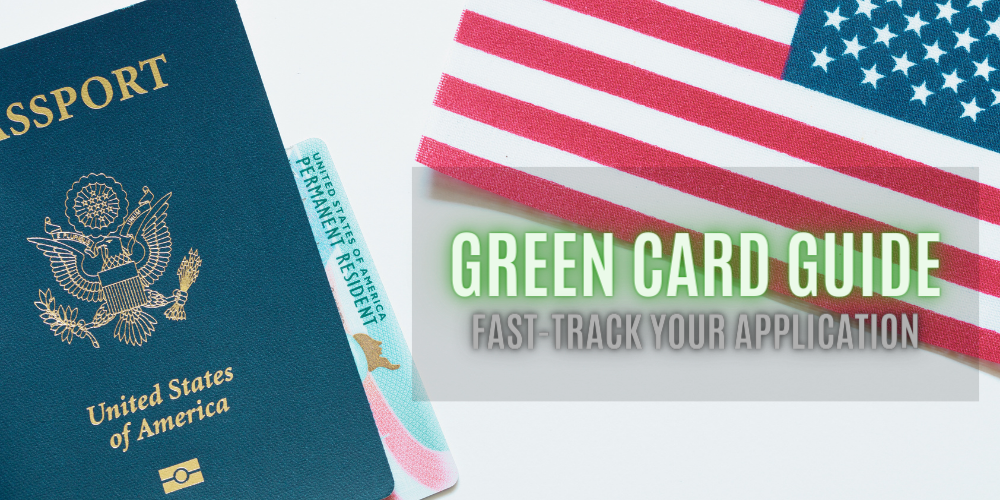
Can a Non-Citizen Get a Green Card?
Yes, non-citizens can obtain a green card through several pathways, including family sponsorship, employment, and special programs. Each pathway has distinct requirements and processes, which we'll explore in detail.
Family-Based Green Card Process
Family-based green cards are available to immediate relatives of U.S. citizens and other family members under preference categories. The process involves:
- Filing Form I-130: The sponsoring relative submits a petition to establish the family relationship.
- Visa Availability: The applicant waits for a visa number to become available, which can take varying amounts of time depending on the relationship and the applicant’s country of origin.
- Adjustment of Status or Consular Processing: The applicant either adjusts their status if already in the U.S. or undergoes consular processing at a U.S. embassy or consulate abroad.
Employment-Based Green Card Process
Employment-based green cards are available to individuals with job offers from U.S. employers. The process includes:
- PERM Labor Certification: The employer must demonstrate that there are no qualified U.S. workers available for the position.
- Filing Form I-140: The employer files a petition on behalf of the employee, proving the job offer and the employee’s qualifications.
- Adjustment of Status or Consular Processing: The applicant adjusts their status if in the U.S. or goes through consular processing abroad.
Diversity Visa Lottery
The Diversity Visa Lottery, or Green Card Lottery, is an annual program that offers green cards to individuals from countries with low immigration rates to the U.S. To apply:
- Online Registration: Complete the registration form on the official Diversity Visa Lottery website during the registration period.
- Selection Process: Winners are randomly selected and notified.
- Further Steps: Selected applicants must complete the visa application process, including submitting required documents and attending an interview.
Special Immigrant Categories
Special immigrants include refugees, asylees, certain international students, and more. Each category has unique eligibility criteria and application processes. For example, refugees and asylees can apply for a green card one year after receiving their refugee or asylee status.
Adjustment of Status vs. Consular Processing
There are two main ways to process a green card application:
- Adjustment of Status: For applicants already in the U.S., allowing them to change their status to a permanent resident without leaving the country.
- Consular Processing: For applicants outside the U.S., requiring them to apply at a U.S. embassy or consulate in their home country.
Who Can Sponsor a Green Card?
Sponsors can be family members or employers. Family sponsors include U.S. citizens and lawful permanent residents, while employers must demonstrate the need for a foreign worker and undergo the labor certification process. Specific criteria for sponsorship include:
- Family Sponsorship: U.S. citizens can sponsor spouses, children, parents, and siblings. Lawful permanent residents can sponsor spouses and unmarried children.
- Employment Sponsorship: U.S. employers can sponsor workers in various employment-based categories, such as those with extraordinary abilities, advanced degrees, or specialized skills.
What is the Fastest Way to Get a Green Card?
The fastest routes to obtaining a green card include:
- Immediate Relative Petitions: Spouses, parents, and unmarried children under 21 of U.S. citizens often have shorter waiting times since visas are immediately available.
- Employment-Based Categories with National Interest Waivers: For individuals whose work benefits the U.S. significantly, bypassing the labor certification process.
- Special Programs: Such as the Diversity Visa Lottery, if selected.
Common Challenges and How to Overcome Them
Applying for a green card can be complex, and common challenges include:
- Delays: Ensure all forms are correctly filled out and submitted on time to avoid processing delays.
- Denials: Avoid mistakes by thoroughly understanding the requirements or seeking legal assistance if needed.
- Document Issues: Keep all necessary documents organized and readily available to avoid missing or incomplete documentation.
Post-Approval Steps
After receiving your green card:
- Understand Your Rights and Responsibilities: As a green card holder, you have certain legal rights and responsibilities, including paying taxes and abiding by U.S. laws.
- Conditions and Renewals: Be aware of the conditions (if any) on your green card, such as those for conditional green cards, and renew it as required before expiration.
FAQs About Getting a Green Card
What if I have a pre-existing condition?
Most green card applications do not consider pre-existing conditions, but certain medical conditions may need additional documentation.
Can I travel while my application is pending?
Yes, but you may need to obtain advance parole to re-enter the U.S. without abandoning your application.
How long does the process take?
The time varies based on the category and individual circumstances, ranging from a few months to several years.
Securing a green card is a significant step towards building a new life in the U.S. By understanding the eligibility criteria, processes, and potential challenges, you can navigate the application process more effectively. Always consider seeking professional legal advice to ensure a smooth application experience.
Have you applied for a green card? Share your experiences and tips in the comments below! For personalized assistance, consider contacting an immigration attorney. Stay informed and prepared to make your green card journey as smooth as possible.
Recent Articles
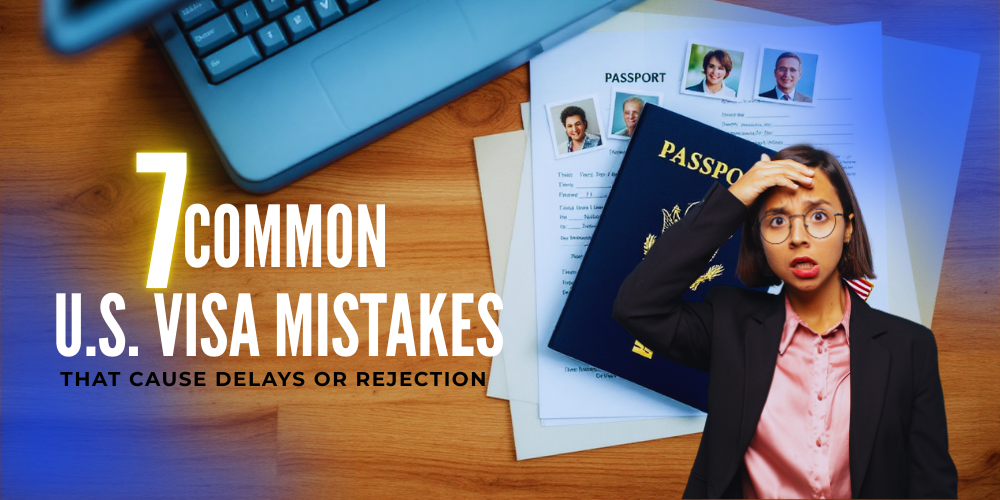
7 Common U.S. Visa Mistakes That Cause Delays or Rejection
U.S. visa delays and refusals are rarely caused by a single dramatic mistake. More often, they stem
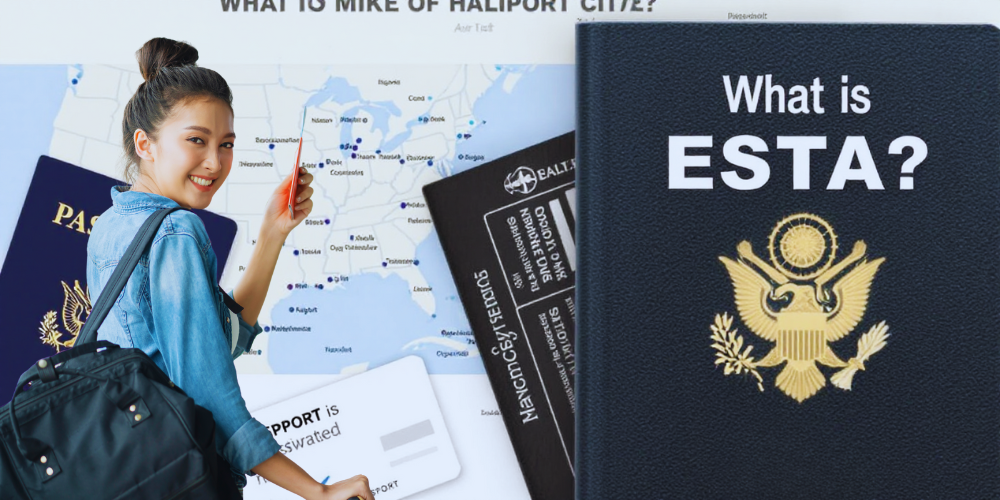
ESTA Explained: Who Needs It and How to Apply in 2026
The ESTA—short for Electronic System for Travel Authorization—is the quiet gatekeeper behind vis
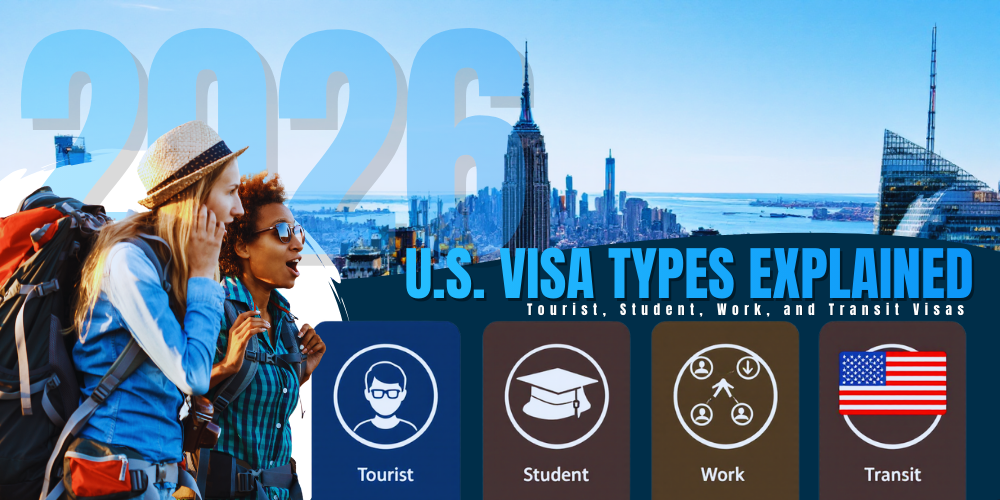
U.S. Visa Types Explained: Tourist, Student, Work, and Transit Visas (2026 Guide)
Before you book flights, pack bags, or start filling out forms, there’s one concept you need to un
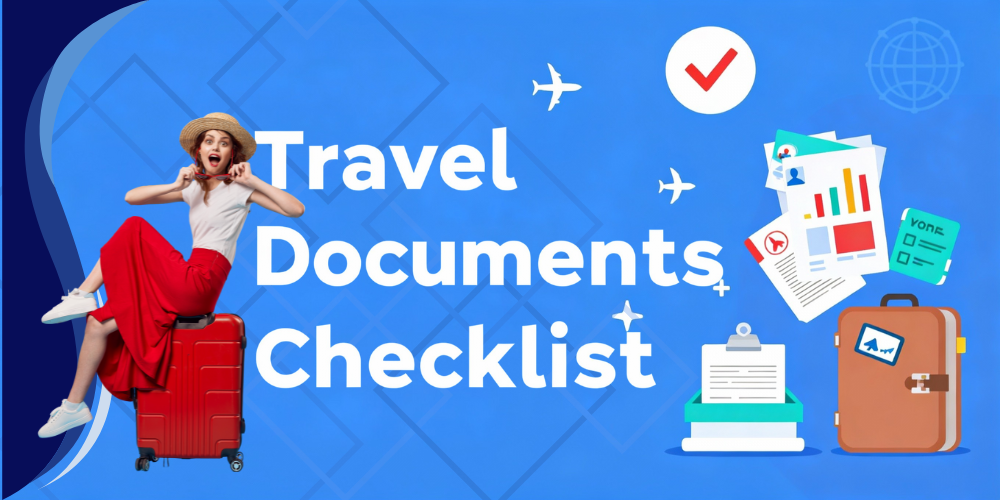
The Ultimate Travel Documents Checklist Before Booking Any Trip
The One Document You Forgot Will Ruin EverythingIt always happens the same way.You’re standing at

Passport Power in 2026 — What Your Passport Gets You
In 2026, your passport is no longer just a travel document. It is a geopolitical permission slip—a
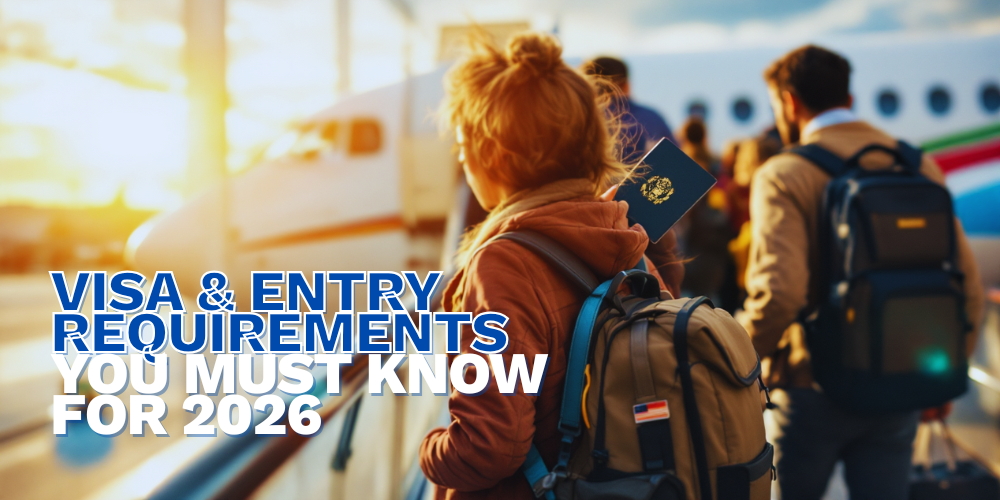
Visa & Entry Requirements You Must Know for 2026
Travel to the United States in 2026 is no longer just about booking a flight and packing a passport.
Read More

7 Common U.S. Visa Mistakes That Cause Delays or Rejection

ESTA Explained: Who Needs It and How to Apply in 2026

U.S. Visa Types Explained: Tourist, Student, Work, and Transit Visas (2026 Guide)

The Ultimate Travel Documents Checklist Before Booking Any Trip

Passport Power in 2026 — What Your Passport Gets You

Visa & Entry Requirements You Must Know for 2026

Welcome to the VisaTravel blog. We know that navigating the maze of visa applications and online forms can be as tricky as choosing the perfect travel playlist (which is all we want you worrying about anyway).
Throughout our years of experience, though, we’ve uncovered a mountain of knowledge which, via this blog, we’re sharing with you! Whether you're diving into the world of travel visas, wondering about the ESTA online hustle, or just trying to figure out the DS160 form, think of us as your online concierge, here to make the process easy and most of all, clear.
At this point in our global context, who has time for endless paperwork and confusing legal jargon? No one. That's why we're all about spilling the tea on online visa hacks, easier-to-work-with DS160 forms, and giving you tips on everything from tourist visas to immigration, to that last-minute ESTA online adventure.
So, just plug in a word you’re curious about on the search bar, and boom. We've got the tips, tricks, and insider info to help you (and anyone else you may be traveling with) get to your travel destination with the confidence of a seasoned traveler.
Now go explore!
 U.S. Visa
U.S. Visa
 Canada eTA
Canada eTA
 Schengen Visa
Schengen Visa
 New Zealand eTA
New Zealand eTA
 United Kingdom eTA
United Kingdom eTA
 Australia eVisitor
Australia eVisitor
 Vietnam eVisa
Vietnam eVisa
 Egypt eVisa
Egypt eVisa
 Singapore Arrival Card
Singapore Arrival Card
 Sri Lanka eVisa
Sri Lanka eVisa


